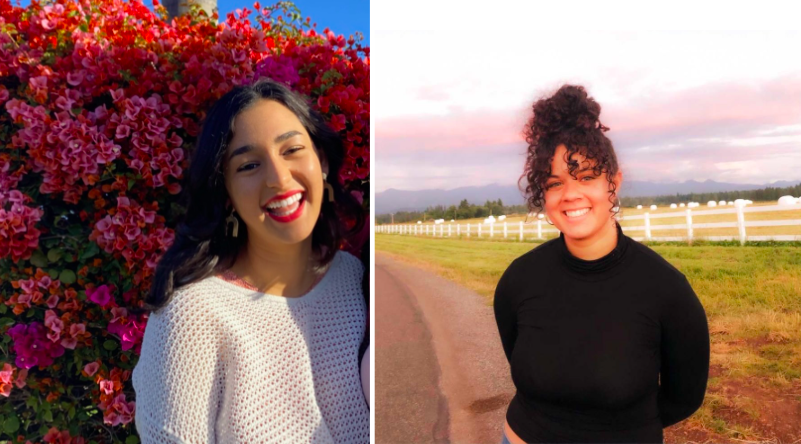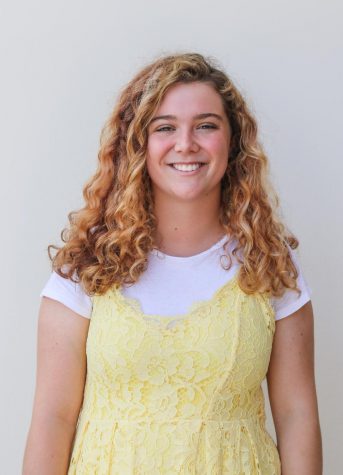Despite women’s history month coming to a close on March 31, junior psychology major Alexandra Artuso and senior cinema and media arts major Bree Mays share the same sentiment toward celebrating minorities beyond their respective months.
MORE THAN JUST A MONTH
“I think it’s really great to have a time to be intentionally highlighting women,” Artuso said. “But I feel a little bit―like with Black History Month, Black history is American history. You could say the same thing about women’s history, it is American history.”
Mays shared a similar viewpoint adding that although marginalized groups are part of American history, they also need to be highlighted more often. As a Black woman, Mays feels that each celebratory month that passes explains her own history better.
“It gets more and more important to me, same with Black History Month, as I get older,” Mays said. “I think it is important to set and aside time for marginalized groups and be like ‘let’s learn about them, let’s give them some time and attention.’”
FEMININITY THROUGH MUSIC
While processing the weight March carries for women, Artuso and Mays came to the realization that the music they create serves as their safe space. Mays recalled a conversation she had with two other female friends where they shared their similar experiences with assault.
“We realized we’d all had situations with men that would be classified under physical assault,” Mays said. “It was crazy because the statistic is like 1 out of 3, which is already horrific.”
When Mays realized how common this was, even within her own friend group, she wrote and recorded a song titled ‘men.’ Mays shared that the response to the song was mostly men being surprised to find out what women go through on a daily basis.
Contrastingly, Artuso has had the opposite experience to Mays. She described coming to Biola carrying the weight of internalized misogyny on her shoulders but felt that God had a point to prove to her. Living in Alpha Hall and being surrounded by women every day helped Artuso come to love her fellow women.
“Now I really recognize the gift of strong female community and how important that is even in spiritual development,” Artuso said.
Much like Mays, Artuso writes and records her own songs but has been releasing them on Spotify, Apple Music and Amazon Music since the beginning of 2021. While writing her five EPs, Artuso came to the realization that some of her songs did not fit into her premade categories of love, friends, home, God and nature.
“Music is such a vulnerable place for me and it’s really been a place for me to explore my own femininity and what that means,” said Artuso. “I have a few songs that don’t fit into any of those categories, and what I am realizing is that they are all about womanhood.”
CELEBRATION THROUGH EDUCATION
Both women have come to realize that exploring their womanhood goes beyond the month of March. Mays called men and women alike to educate themselves on how to be better allies to women.
“In your own respective area you should always be looking for ‘in what ways can I help a marginalized group,’” said Mays.
Artuso also hoped to remind those who are not celebrated this month that it is not just about their exclusion.
“Sometimes it does seem like women got the short end of the stick, why do we have to be the ones that are scared to walk down the street,” Artuso said. “To men, as they engage in this conversation of highlighting strong women, not to see it as something that reduces men’s value but as something that involves you.”












